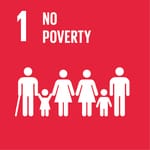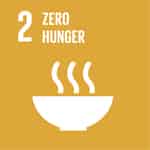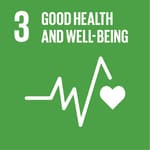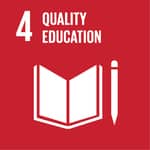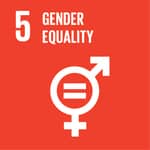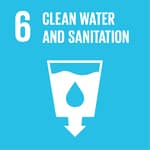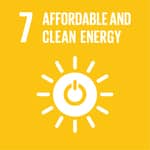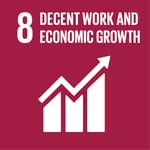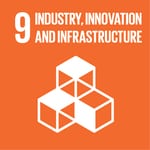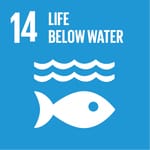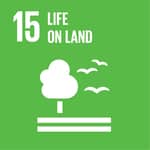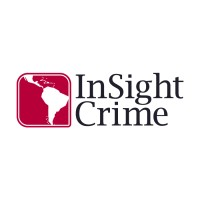Necessary cookies help make a website usable by enabling basic functions like page navigation and access to secure areas of the website. The website cannot function properly without these cookies.
| Name |
Domain |
Purpose |
Expiry |
Type |
|
_GRECAPTCHA |
https://www.google.com |
Google reCAPTCHA sets a necessary cookie (_GRECAPTCHA) when executed for the purpose of providing its risk analysis. |
6 months |
HTTP |
Marketing cookies are used to track visitors across websites. The intention is to display ads that are relevant and engaging for the individual user and thereby more valuable for publishers and third party advertisers.
| Name |
Domain |
Purpose |
Expiry |
Type |
|
_gat_gtag_UA_52869412_69 |
https://securesustain.org |
This cookie is part of Google Analytics and is used to limit requests (throttle request rate). |
1 minute |
HTTP |
|
YSC |
https://www.youtube.com |
This cookie is set by YouTube to track views of embedded videos. |
Session |
HTTP |
|
VISITOR_INFO1_LIVE |
https://www.youtube.com |
This cookie is set by Youtube to keep track of user preferences for Youtube videos embedded in sites;it can also determine whether the website visitor is using the new or old version of the Youtube interface. |
6 months |
HTTP |
Analytics cookies help website owners to understand how visitors interact with websites by collecting and reporting information anonymously.
| Name |
Domain |
Purpose |
Expiry |
Type |
|
_gid |
https://securesustain.org |
This cookie is set by Google Analytics. It stores and update a unique value for each page visited and is used to count and track pageviews. |
1 day |
HTTP |
|
_ga_8YH8Z32YEN |
https://securesustain.org |
This cookie is used by Google Analytics to persist session state. |
2 years |
HTTP |
|
tk_ai |
https://securesustain.org |
Stores a randomly generated, anonymous ID. It is only used in the admin area and is used for general analytics tracking. |
5 years |
HTTP |
|
_ga |
https://securesustain.org |
This cookie name is associated with Google Universal Analytics - which is a significant update to Google's more commonly used analytics service. This cookie is used to distinguish unique users by assigning a randomly generated number as a client identifier. It is included in each page request in a site and used to calculate visitor, session and campaign data for the sites analytics reports. |
2 years |
HTTP |
Preference cookies enable a website to remember information that changes the way the website behaves or looks, like your preferred language or the region that you are in.
| Name |
Domain |
Purpose |
Expiry |
Type |
|
wpl_user_preference |
https://securesustain.org |
wpl_user_preference |
1 year |
HTTP |
Unclassified cookies are cookies that we are in the process of classifying, together with the providers of individual cookies.
| Name |
Domain |
Purpose |
Expiry |
Type |
|
DEVICE_INFO |
https://www.youtube.com |
--- |
6 months |
HTTP |


